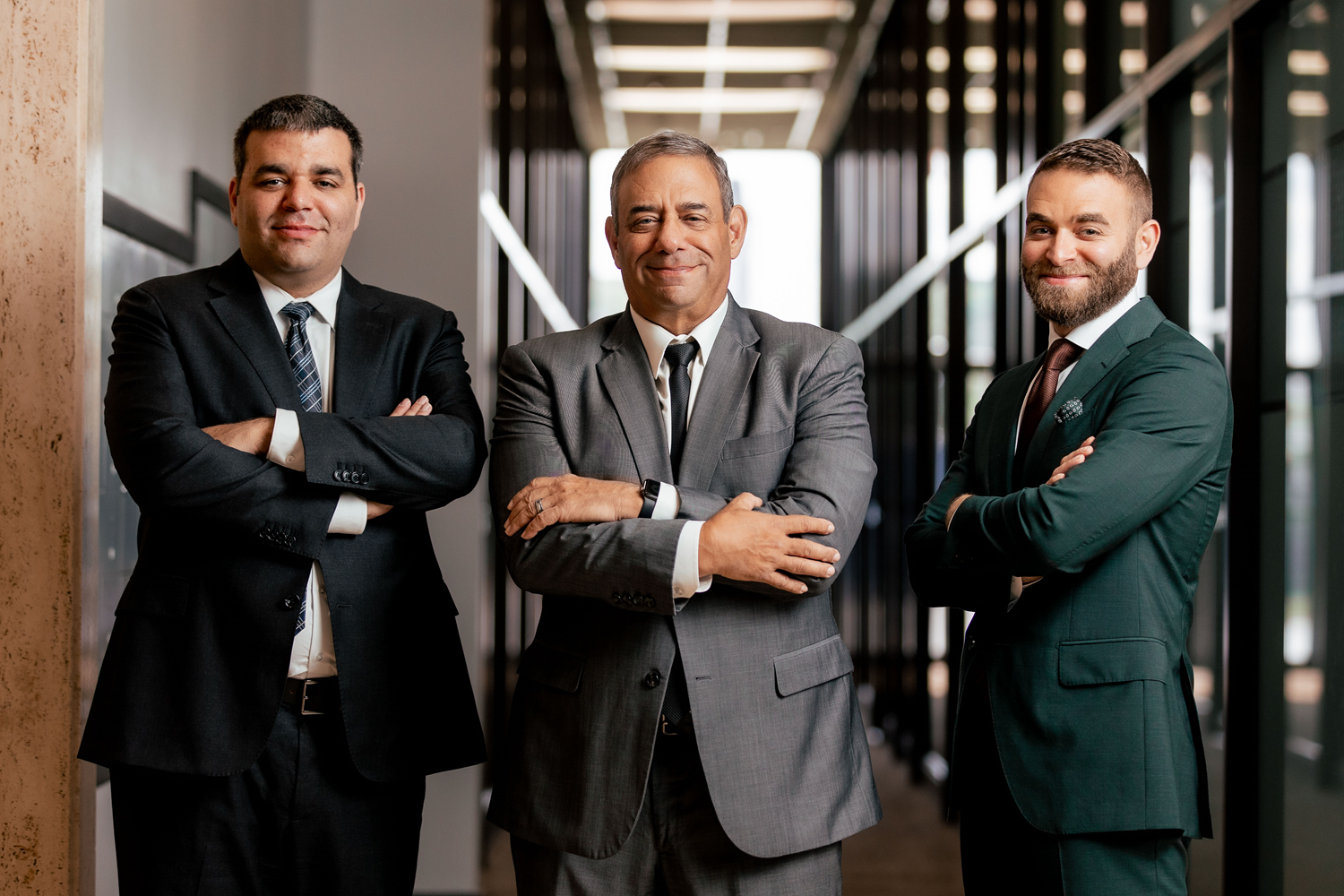Walking into your Social Security Disability hearing can feel like a very daunting task. Most people have never been to a SSD hearing before and are nervous that they do not know what to expect.
For the most part, people understand that an administrative law judge (ALJ) will be making the decision on their application and that the ALJ and the attorneys present will ask the applicant a number of important questions – but what questions are usually asked?
By knowing more about what questions you will need to be able to answer at your SSD hearing, you can calm your nerves and be prepared to handle your hearing.
Personal Information
The ALJ will first ask you to state a lot of personal information so that the ALJ can understand a bit more about you. The ALJ will ask you basic demographic information such as your name, age, birth date, and address.
Educational Background
You may be asked about your educational background, including the level of education you obtained and any other specific training that you may have completed. Information about your educational background is important at SSD hearings because your education relates to your ability to find employment.
Employment History
You will be expected to answer a number of questions about your employment history. This will include information about your past work, current employment situation, and how your disability affects your ability to work.
Common questions asked about your employment history include:
- If you are currently working, and if so, who you work for and your job duties
- If you have tried to obtain work since becoming disabled and the outcome of your job search
- Where you were working and your job duties at the time you first became disabled
- Your job history for the last fifteen years including dates of employment and job duties in each position
Medical Limitations
A major part of the SSD hearing questions will center on your medical issues and limitations. You will be asked about your disability, your medical issues, and any other limitations that may affect your ability to work and take care of yourself.
Specifically, you will need to be able to answer questions about your disability such as your date of diagnosis, how your disability has changed over time, and how it affects your daily life.
Common questions asked about your medical limitations include:
- How much you are able to move
- How much you are able to lift or carry objects
- How long you can sit, stand, walk, or bend
Being prepared
Having an idea of what questions you will have to answer at your SSD hearing before you go can be vital in helping you prove your case to the ALJ. Consider consulting an experienced Social Security Disability attorney to help you prepare for your hearing. An attorney can with work you to practice answering these kinds of questions and will fight for on your behalf to help you get your benefits.
For the most part, people understand that an administrative law judge (ALJ) will be making the decision on their application and that the ALJ and the attorneys present will ask the applicant a number of important questions – but what questions are usually asked?
By knowing more about what questions you will need to be able to answer at your SSD hearing, you can calm your nerves and be prepared to handle your hearing.
Personal Information
The ALJ will first ask you to state a lot of personal information so that the ALJ can understand a bit more about you. The ALJ will ask you basic demographic information such as your name, age, birth date, and address.
Educational Background
You may be asked about your educational background, including the level of education you obtained and any other specific training that you may have completed. Information about your educational background is important at SSD hearings because your education relates to your ability to find employment.
Employment History
You will be expected to answer a number of questions about your employment history. This will include information about your past work, current employment situation, and how your disability affects your ability to work.
Common questions asked about your employment history include:
- If you are currently working, and if so, who you work for and your job duties
- If you have tried to obtain work since becoming disabled and the outcome of your job search
- Where you were working and your job duties at the time you first became disabled
- Your job history for the last fifteen years including dates of employment and job duties in each position
Medical Limitations
A major part of the SSD hearing questions will center on your medical issues and limitations. You will be asked about your disability, your medical issues, and any other limitations that may affect your ability to work and take care of yourself.
Specifically, you will need to be able to answer questions about your disability such as your date of diagnosis, how your disability has changed over time, and how it affects your daily life.
Common questions asked about your medical limitations include:
- How much you are able to move
- How much you are able to lift or carry objects
- How long you can sit, stand, walk, or bend
Being prepared for your SSD Hearing
Having an idea of what questions you will have to answer at your SSD hearing before you go can be vital in helping you prove your case to the ALJ. Consider consulting an experienced Social Security Disability attorney to help you prepare for your hearing. An attorney can with work you to practice answering these kinds of questions and will fight for on your behalf to help you get your benefits.








